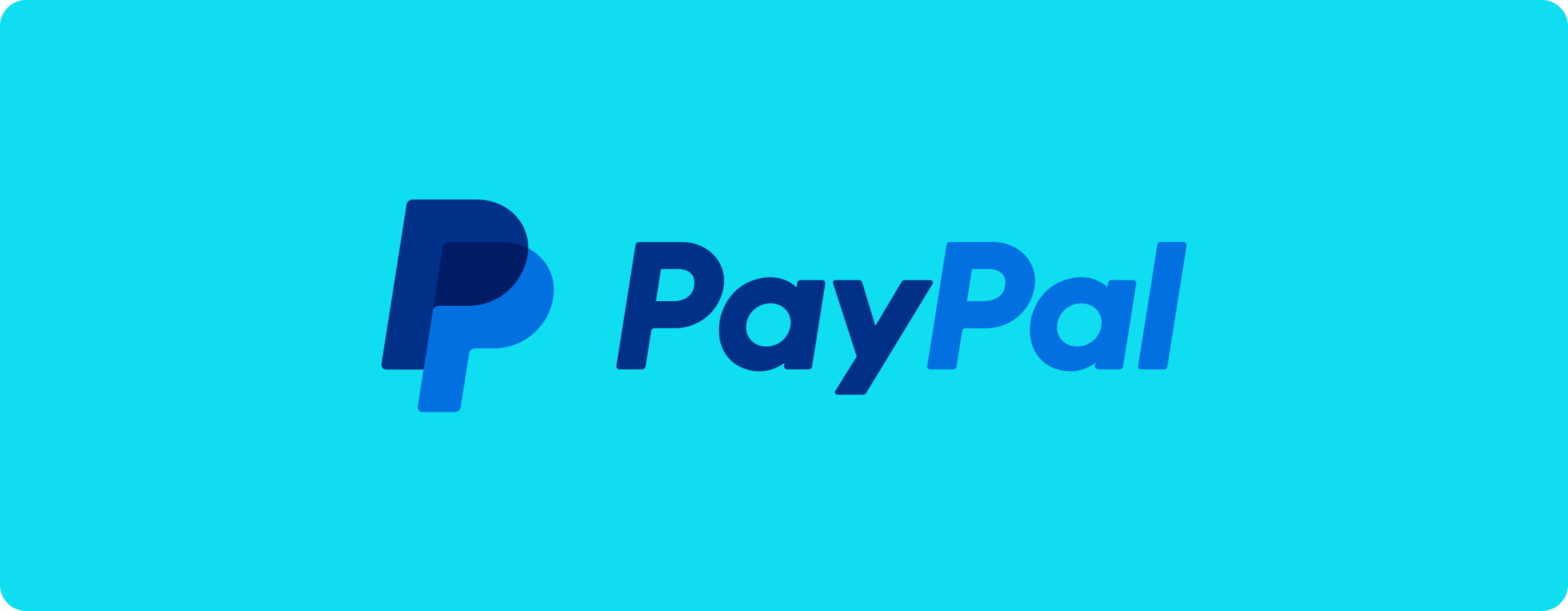The best way for landlords to collect rent from tenants in 2025


Collecting rent can be a difficult, manual process. Even online rent payment platforms have downsides like high fees. This article will guide you to the best option to fit your rent collection needs.
While real estate can be a profitable investment, rising operating expenses can erode your rental income.
→ Collecting rent payments from tenants with cash or checks is slow, manual, and often unreliable.
→ Some online rent collection services are expensive.
→ Card payments typically mean charging fees to tenants.
→ Even peer-to-peer payment apps like Zelle expose landlords to risks and limitations.
There has to be a better way — and there is.
This post breaks down the best way to collect rent as a landlord.
.png)
There are three primary ways to collect rent from tenants. The payment method you select can impact the overall effectiveness of your rent collection process.
1. In person - This method works well if you live close to (or in the same building) as your tenant. But if you’re managing a large number of properties, aren’t near to all your tenants, or have renters that aren’t available to drop off cash payments — this isn’t a great option.
2. By mail - To receive rent by mail, your tenants have to send in physical checks or money orders. It’s a straightforward process, but exposes landlords and tenants to the risks of lost/misplaced payment, slower delivery, and potential for incorrect late fees.
3. Online - 69% of renters prefer to pay online. It’s by far the most convenient rent payment method, but landlords must be wary of some solutions promising to simplify rent collection for a price.
The best method for rent collection is electronically. Online rent payments can be paid securely from a tenant’s mobile device and deposited directly into a landlord’s account. Online rent collection is also easier to accept, track, and deposit — as long as you choose the right solution.
For online rent payments, the best way to collect payments is with Automated Clearing House (ACH) bank transfers.
Until recently, ACH providers haven’t been able to provide low-cost, fast-onboarding ACH rent collection options.

Now, there are modern pay-by-bank solutions like Aeropay that seamlessly enable guaranteed, recurring ACH rent payments.
In the United States, we’re experiencing a shift in the way people pay and get paid.
The old way: Card payments were the most convenient way to pay, especially online. But processors and card companies charge high fees and run the risk of chargebacks.
The new way: Pay-by-bank enables electronic funds transfer between bank accounts. Landlords send a payment link to tenants, who then log in to their bank directly to establish a secure connection. There are no interchange fees or card numbers involved and it’s a faster, more secure rent collection method for tenants and landlords.
.png)
ACH payments are a modern solution to the problems many landlords face:
Accepting ACH payments from tenants can save landlords thousands of dollars per year. The more rental properties you own, the greater your savings.
Popular rent payment methods like cards typically cost 3-5% per transaction. While checks are cheaper to process ($1-2), they incur additional costs from the time-consuming manual action of receiving, managing, and depositing each one.
Aeropay data found pay-by-bank is up to 72% more affordable than cards, with median fees between $0.26 to $0.50 per transaction.
Cards expire every three years on average. Plus, many consumers lose or replace them sooner.
On the other hand, U.S. adults use the same primary checking account for more than 17 years on average.
Linking tenant bank accounts for automatic payment removes uncertainty around payment processing and maximizes completed transactions.
8 in 10 tenants want to pay rent online without incurring a service fee. And 69% prefer to pay online. Plus, a recent Aeropay poll found 96% of consumers believe tenants should not pay additional payment processing fees on top of rent.
Passwordless authentication verifies a user in seconds using their device's face or touch ID.
ACH is the only digital rent collection method with fees low enough to avoid passing them on to tenants.
Pay-by-bank providers like Aeropay allow landlords to enable Guaranteed ACH, effectively shouldering the risk of returned payment, and guaranteeing funds will be delivered.
Guaranteed ACH means rent payments are delivered on time, every time — with no merchant risk of returned or unprocessed payments.
Get an inside look at guaranteed pay by bank approval rates.

If you’re wary of bank payments, or want to vet all other rental payment options, we’ll break down the pros and cons of the 5 most common methods for landlords to collect rent payments.
Credit cards are convenient and widely used for rent payments. They appeal to tenants who prefer to manage cash flow or earn rewards points. But credit cards are expensive, and many landlords offset associated fees by passing them on to tenants.
Plus, accepting credit card payments means you must comply with Payment Card Industry Data Security Standards (PCI DSS) to protect tenants’ payment information. That said, you may need to apply for a merchant account, which can cause additional administrative work and costs.
Pros:
• Convenient
• Potential to earn rewards
• Useful for tenants short on rent (this is also a risk)
Cons:
• High processing fees
• Tenant could fall in to a cycle of debt if statement is left unpaid
• Long processing periods (days, weeks or even months before funds are available)
Debit card payments are directly linked to a tenant’s bank account. While they offer lower fees than credit cards, they still come with potential costs and chargeback risks.
Pros:
• Convenient and familiar for tenants
• Faster processing than credit card
Cons:
• Risk of chargebacks for disputes, closed accounts, or insufficient funds
• Processing fees (2-3%)
Zelle is a peer-to-peer payment service that enables direct bank transfers between individuals. It’s a free and convenient option for tenants who already use the service, but it's not designed for rent collection and therefore comes with risks and limitations.
For example, according to Zelle's website:
If your bank or credit union does not yet offer Zelle®, your weekly send limit is $500 and your weekly receive limit is $5,000 in the Zelle® app.
Even if a tenant's bank does support Zelle, there are still daily and monthly payment limits, ranging from $1,000 per day and $5,000 per month. Considering the median rent in the US is $2,100 per month, these limits can make collecting rent difficult.
On top of those limits, Zelle carries risks for landlords. A tenant could pay the wrong person, and Zelle payments aren't easily trackable for your records. Zelle does not provide 1099-K forms or report transactions exceeding $600, which may cause issues when reporting rental income to the IRS
Because Zelle payments are processed instantly, a partial payment from a tenant could interfere with an eviction. This is one of the most serious risks of Zelle.

Pros:
• Fast money transfers to landlord’s bank account
• No transaction fees
Cons:
• Tenant and landlord must have a Zelle account
• Potential for tenant to accidentally Zelle the wrong person
• Zelle offers minimal protection if a tenant sends the wrong rent amount or disputes the transaction
Takeaway: Zelle works fine for smaller-scale landlords with 1-2 properties, but as volume increases, the risks and limitations of Zelle make it a potentially poor choice.
Cash App is another popular P2P money transfer app that allows users to send and receive money from their mobile devices. While it’s convenient for tenants, Cash App isn't meant for rent collection. It carries a number of limitations, such as transaction limits and fees for instant transfers, which may pose challenges for landlords.
A key downside of Cash App for rent collection is the lack of landlord-specific features, like automated grace periods, late fees, etc.

Pros:
• Convenient and easy to use
• Immediate money movement (but there are fees to transfer funds out of Cash App)
Cons:
• Cash App has daily and weekly limits on the amount of money that can be sent or received
• Standard fund withdrawals take 1-3 business days to process
• Instant fund withdrawals incur a 1.5% fee for landlords
• Cash App offers minimal protection if a tenant sends the wrong amount, disputes the transaction, or you move to eviction
PayPal allows quick and secure transfers of funds from one PayPal account to another, either through the app or online. However, using PayPal for rent collection comes with some caveats, particularly regarding account types and transfer limits.
PayPal also charges landlords a merchant fee to process rent payments, which can range from 1.9% to 3.49% plus a commission fee of 49 cents per transaction. There is also a 1% fee to have PayPal immediately transfer money to a bank account.

Pros:
• Effective for sending money online or via the app
• Easy setup, requiring only an email address to start receiving payments
• Many tenants already have a PayPal account, simplifying adoption
Cons:
• Landlord and tenant must have PayPal accounts
• Funds are deposited into a PayPal account, not directly into a bank account, requiring an additional step to transfer the money
• Cannot initiate automatic payments with PayPa
• PayPal often sides with the customer (tenant) in disputes, which can be risky for landlords
• Account limitations apply, including transfer limits, which restrict larger rent payments
Apple Pay is a mobile payment and digital wallet service that allows users to make payments with their Apple devices. It’s a secure and convenient option for tenants who are already part of the Apple ecosystem, but its adoption is limited, and fees can be a concern for landlords.

Pros:
• High security
• Convenient for tenants who use Apple devices
• No need for physical cards or cash
Cons:
• Limited adoption among tenants
• Processing fees are similar to those of credit card transactions
• Only available when the tenant and landlord have an Apple device
Property management platforms are tools designed to streamline various aspects of property management, including rent collection. These online platforms offer automation and additional features like lease agreement management, but they often come with subscription fees and a learning curve for landlords.
Pros:
• Automated payments reduce the risk of late rent payments and improve cash flow management.
• Comprehensive tools for lease management, maintenance tracking, and tenant communication.
• Centralized platform for managing multiple aspects of property management.
Cons:
• Monthly subscription fees can range from $20 to $200 or more, depending on the service level.
• Complexity can be overwhelming for smaller landlords or those unfamiliar with technology.
• Requires time and effort to learn and effectively use all available features.

To find the perfect rent collection method for your rental management business, you need to weigh what’s most important for your specific needs.
Ask yourself these questions to determine what payment solution best fits your rental business:
→ Is the solution affordable? If you choose a method with high fees, you may need to pass that cost onto tenants.
→ Will rent payments go straight to my bank account? Methods like Venmo, PayPal, and Cash App require additional steps (and potential fees) to direct deposit rent payments from their platform.
→ Can tenants set up recurring payments? Auto-pay simplifies and automates the rental payment process — reducing the risk of late payments. Learn about recurring ACH payments.
→ Does the payment method have a paper trail? Whether it’s digital or physical, stick to rent collection methods that prove when and how much money was delivered and provide notifications to both parties.
→ Can I collect rent online? Tenants vastly prefer online rent payment methods.
→ Is there risk of chargebacks? Guaranteed payments protect landlords from the cost and hassle of clawbacks and chargebacks.
→ What’s the processing time? To keep your cash flow streamlined, look to rent collection options that process quickly by the due date.
Our advice: Aeropay’s Guaranteed ACH is the best rent collection method for any landlord or property management company with 3+ properties.
The more properties you own or manage, the higher your savings on both payment processing costs and operational efficiency.
See how Aeropay supports property owners today. Book a time with our payments experts to learn more.